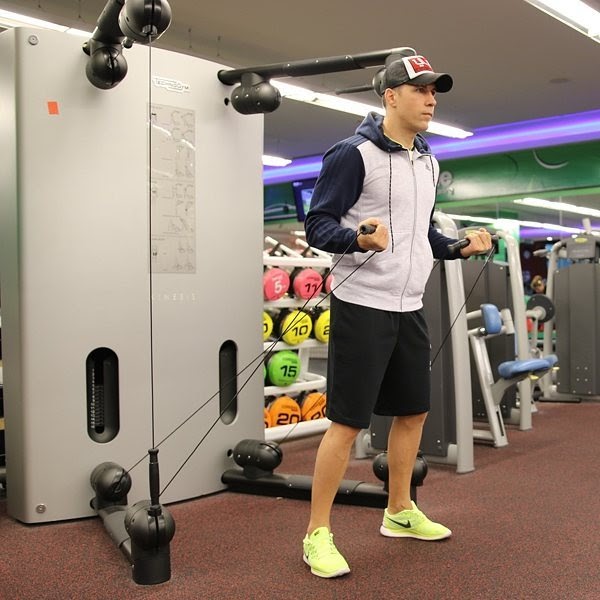
Athletes have to regularly workout to stay fit and active. An athlete’s lifestyle is completely different and includes rigorous physical activities and strict diet plans. People who want to challenge themselves can engage in competitive training sessions with a personal fitness trainer. Athletes focus on building muscles, gaining speed, and improving agility.
However, this training can be highly challenging, and you will have to be both mentally and physically prepared. Your performance will depend on your current energy levels and workout techniques; if you are currently able to keep pushing, you can acquire the skill in some time; however, if you are a beginner it will take you more time.
Here is how a personal trainer can help:
Increase compound movements
Compound movements are based on the fact that when you use more muscles, you gain more muscles. It includes exercises like squats, deadlifts, power cleans, and overhead presses. During these exercises, you use multiple joints simultaneously, and this will help to build your overall strength. A skilled fitness trainer can guide you with these compound exercises and how it needs to be gradually increased over time.
Brain training
Intense workouts require mental and physical efforts; athletes train their brains to outdo the competition. Athletes use brain training tools to enhance their performance. These cognitive tools enhance awareness, attention, and decision-making abilities. It is vital in identifying play opportunities, filtering distractions, and improving agility. A fitness trainer can introduce different brain training to target your specific goals.
Jumping
Jumping exercises make your movements more explosive and excite you throughout the entire routine, which then improves your performance. A fitness coach can include jumping and landing mechanics so that there are multiple sports in your routine. You can also try sport activities that involve jumping such as basketball, badminton, soccer, volleyball, and tennis. To start, you can begin squat jumps, box jumps, and vertical jumps with a personal fitness trainer.
Recovery exercises
You should not get into complete rest when suffering from stiff and sore muscles. Instead, focus on short, low-intensity exercises to relieve the exhausted muscles. This will help you to fasten the recovery process. You can include activities like walking, dynamic warm-ups to increase the blood flow without increasing the soreness.
Hydration
Water helps the muscles and aids them to function optimally. The sheets of the connective tissues attach and enclose the muscles have a high composition of water. Therefore, dehydration can negatively affect your performance. The sliding surfaces between the sheets of tissues and structures glue down while working out, and this can cause cramping, which may inhibit your performance. High-performance athletes multiply their body weight 0.6 times to derive the ounces of water they should ideally drink each day.
Diet
Athletes aim to improve their lean body mass and reduce fat, and for this, they consume food that is rich in protein and unsaturated fatty acids. This broadly includes meat, oily fish, nuts, and other green vegetables. You should avoid sugary treats, carbonated drinks, processed fat, and other junk to maintain your health and energy levels. A personal fitness trainer can plan your diet chart according to your body composition.
The athletic way of life can be challenging. A fitness coach is an expert who can improve your way of living by guiding you with suitable exercises and diet. Contact us to start your fitness journey now and to meet your fitness goals.

